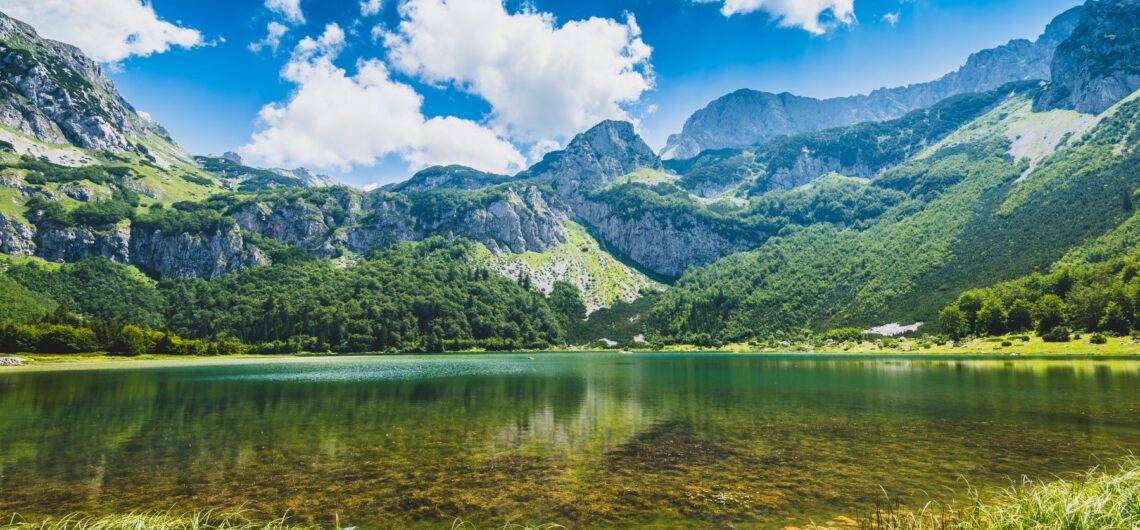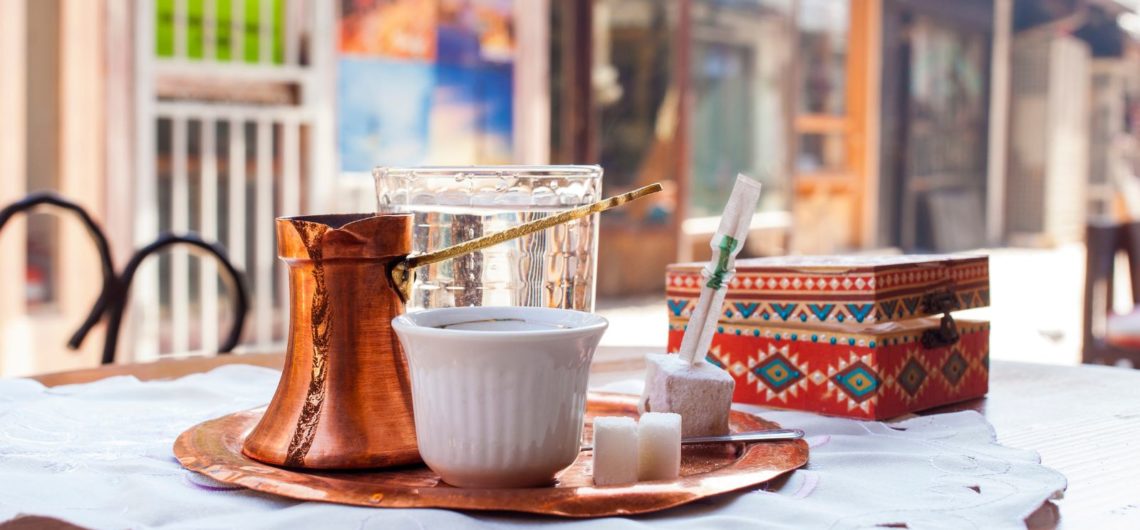Bosnia and Herzegovina's hiking trails are Europe’s best-kept secret. They wind through magical landscapes of alpine peaks, rainforests, rugged valleys and river canyons and tiny villages wrapped in mist. The 1990s conflicts sadly meant that the country's wild beauty remained hidden for decades, but an enthusiastic new generation of Bosnians have been marking hiking trails, building bothies and making the mountains accessible again. Today, hiking in Bosnia offers remarkable variety, from gentle day walks near cities like Sarajevo and Mostar, to challenging multi-day alpine treks on the Via Dinarica White Trail. Below, we've gathered some of the best hiking trails across Bosnia and Herzegovina – from panoramic peaks and canyon-edge paths to quick city escapes and long distance treks. The below routes are all found on our Bosnia holidays: Bosnia's best mountain hikes Maglić Peak, Sutjeska National Park Bosnia's highest summit, Maglić (2,386m), sits within Sutjeska National Park, a vast protected landscape of sharp limestone ridges and dense forest. The hike typically starts in Prijevor (1,659m), one of the most untouched areas of the national park. It is a flower-filled meadow but soon gives way to scree, so take care on this section - you may have to scramble a little. From here it's a 90-minute hike to Trnovačko Lake, a heart-shaped lake like a jewel below Mount Maglić, Bosnia’s highest peak (although it's technically in Montenegro). The last section passes through meadows again before climbing steeply towards the summit ridge. Maglić itself means 'Misty mount' in Bosnian/Montenegrin. On a clear day, the views sweep across Volujak, Bioč, Zelengora and the shining Trnovačko lake. It's a demanding full-day hike that requires experience and rewards with spectacular scenery, among Bosnia's most dramatic. Čvrsnica mountain and the Outlaw’s Gate (Hajdučka Vrata) Rising high above Blidinje Nature Park on the Čvrsnica massif, Veliki
Bosnia and Herzegovina’s hiking trails are Europe’s best-kept secret. They wind through magical landscapes of alpine peaks, rainforests, rugged valleys and river canyons and tiny villages wrapped in mist. The 1990s conflicts sadly meant that the country’s wild beauty remained hidden for decades, but an enthusiastic new generation of Bosnians have been marking hiking trails,



